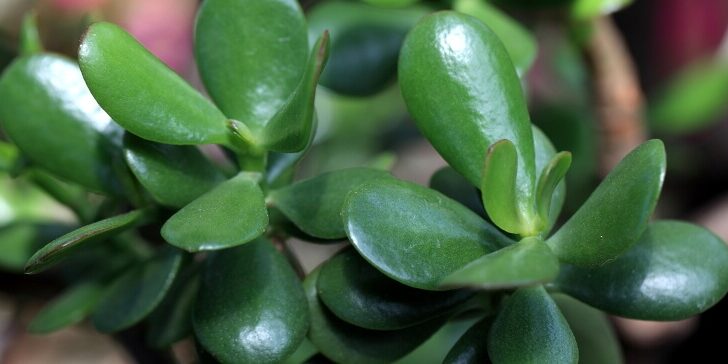Start at the Roots and Grow Upward Together
Welcome to this edition of Firelight: Wisdom to Support & Inspire!
This edition of Firelight is curated by Bethany Divakaran who shares reflections on patient growth and rootedness.
This Month’s Curator: Bethany Divakaran is a dabbling writer, a cycling enthusiast, an aspiring gardener, a self-made home canner, a puppy foster-mother, and a keen lover of nature and travel. Beth is a public health nurse working for Hennepin County Healthcare for the Homeless. As a public health nurse and a woman of faith, Beth is passionate about growing systems and spaces that promote health and wellness for all communities. She currently serves as an MNIPL board member and gleans hope from being part of a collective movement.
Start at the Roots and Grow Upward Together
Bethany Divakaran
I am the mother of a jade plant. This plant, inherited from my grandpa, is dear to my heart. My grandparents planted it when their marriage was young, its growth marking the passing of years. I remember it as a colossal heap of tangled stems and leaves draping in the sun from my grandpa’s window sill. After he passed away, it was split up among us grandchildren – living heirlooms.
This plant almost died over this summer. It had unnoticeably stopped growing in the corner and gradually thinned out as it dropped leaves, the late signs of the root rot that had taken hold beneath the soil. I uprooted the jade and, like a surgeon, I pruned away the sodden parts and transplanted it into better soil. Since then, I’ve been watching ardently for signs of its wellbeing.
In growing a creation care movement within my faith community, I have learned a parallel lesson: pay attention to the roots.
The climate crisis is urgent, and I (like many of us) feel an impulse to act swiftly. I desire immediate organizational change, aiming to take on projects with the most tangible of impacts. Within a faith community, such projects are typically driven by the efforts of the few most engaged people. But plants and parables have taught us an important lesson in sustainable progress: shallow roots will not lead to maturation. I believe this is true with our faith community’s environmental movement.
Our church movement could have started with a recycling or energy initiative, which would have involved a few decision makers. But those of us initiating our movement did not just want to create another task force of people doing “things” (when people may feel like they cannot commit to another “thing”). Instead, we envisioned integrating a theology of stewardship into all different ministries and various aspects of communal life. So, we first leaned into spiritual growth and relationships, because we first had to understand that theology and one another.
We started with one-on-one banter and potluck conversations, which led into more formal book/bible studies and sermon series. We are communally growing in our understanding of scriptures and our deepest motivations for caring about the planet and our neighbors. Through this patient exploration, we have developed a common understanding of our spiritual rootedness in creation and a shared narrative about who we are, thus generating ideas about how we can act together.
It was tempting for me to see these many conversations, bible studies, and shared meals as a means to an end, the steps required to get to the more meaningful destination. But I have come to realize that the spiritual and relational development is the work itself. As a result of this work, we started to see a gradual but noticeable evolution in our church. The environmental topics being discussed in smaller circles began to shape what was taught from the pulpit and what was being decided at the board-level. When we did launch practical projects – like a waste reduction initiative and an energy audit – they served as an application of themes and values that were already being agreed upon churchwide. We are now seeking to incorporate creation care into all educational ministry efforts, something that goes far beyond the small projects that I could have mustered on my own.
Relationships have been productive in growing our movement and the relationships themselves are an outcome – a source of hope, because we are all more hopeful when working together. By defining our “why” and paying attention to the narrative, we are fostering deeper, richer soil in which a hopeful movement can take root. It results in a movement that is more inclusive of all the people who call our community home, not just those who consider themselves activists. Growing trusted relationships and reshaping communal identity is slow work, and at times it is hard to stave off the temptation to do more faster. But I trust that these deeper, well-nurtured roots will sustain us in the ongoing work of growing our community and creating a different world.
My jade plant is recovering, putting out new green sprouts from its remaining stems. I’m seeing new growth by the day. These shoots of new growth are visible within my church community as well, evident in the slow growing of momentum, the changing of individual and communal priorities, the shifting of language, and the surfacing of new leaders. These experiences with tending plants as well as with tending the growth of a movement now have me thinking about what’s happening beneath the soil.
Let’s start at the roots and grow upward together.

